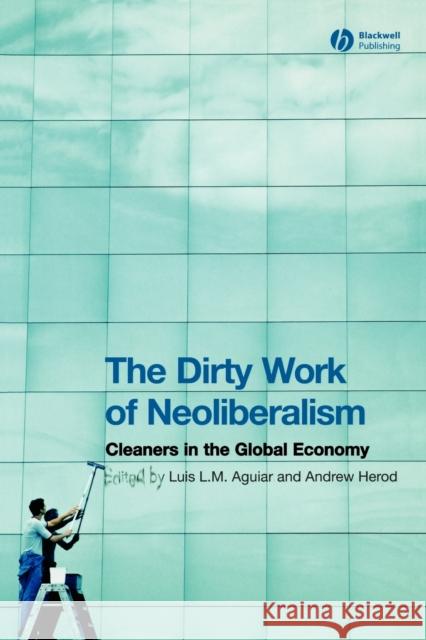The Dirty Work of Neoliberalism: Cleaners in the Global Economy » książka
topmenu
The Dirty Work of Neoliberalism: Cleaners in the Global Economy
ISBN-13: 9781405156363 / Angielski / Miękka / 2006 / 272 str.
In this collection of essays, an international group of scholars investigate the global building cleaning industry to reveal the extent of neoliberalism's impact on cleaners.
- This book provides the first intensive study focusing on building cleaners and their global experiences
- Brings together an international group of scholars and experts to investigate different national contexts and examples
- Draws out important commonalities and highlights significant differences in these experiences
- Examines topics including erosion of cleaners' industrial citizenship rights, the impact of outsourcing upon their working conditions, economic security, and the intensification of their work and its negative effects on physical health
- Considers how cleaners are mobilizing to resist and respond to the restructuring of their work.











